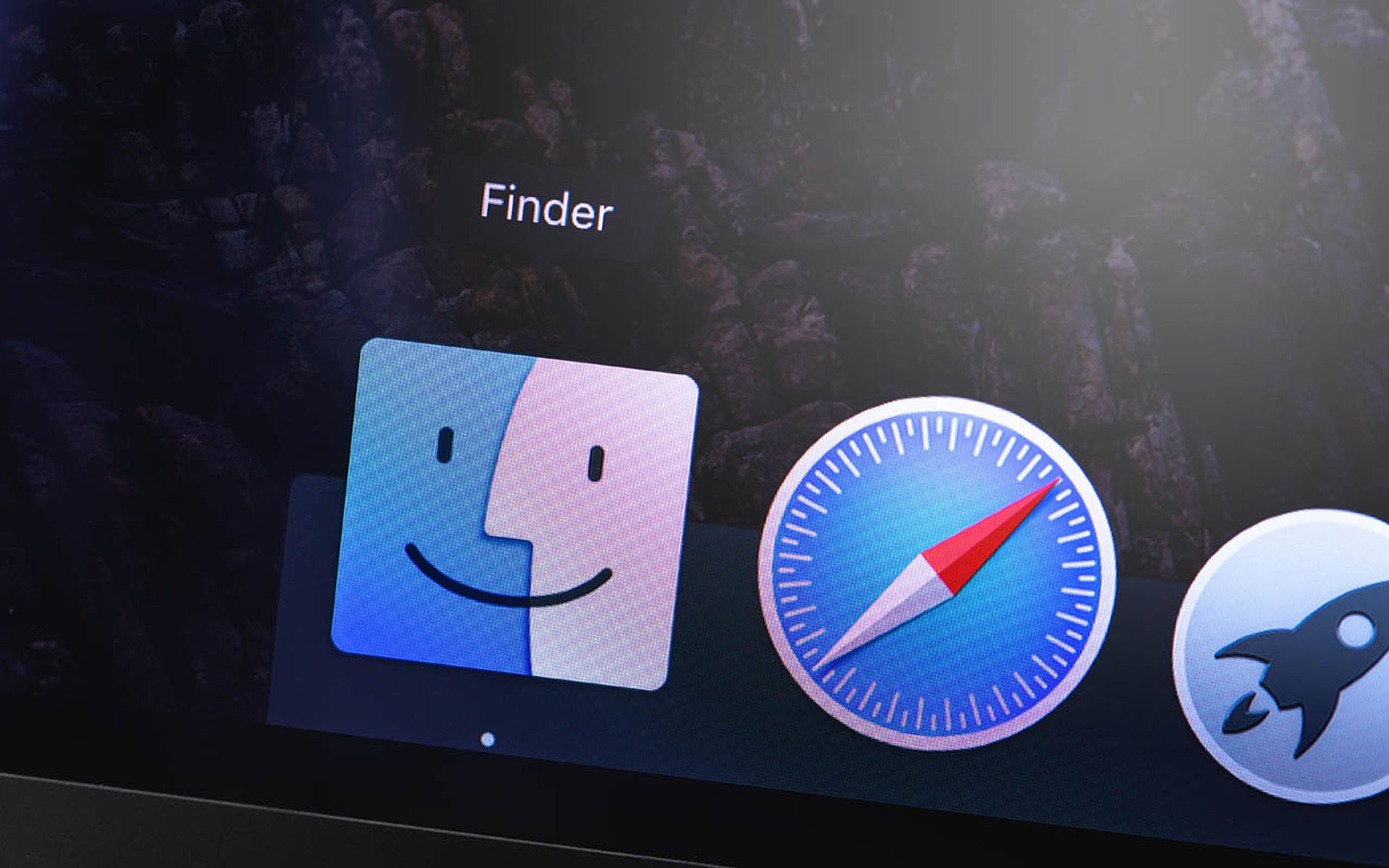Reuters reports that mounting Russian cyberattacks amid the ongoing invasion of Ukraine have prompted the U.S. to bolster its investigation of Russian antivirus software manufacturer Kaspersky.
While the Commerce Department has been sought to launch a probe on Kaspersky last year, it was only urged to advance in March by the White House as concerns regarding Russia's potential use of Kaspersky's antivirus software to exfiltrate sensitive data from U.S. critical infrastructure networks grew amid rising tensions between the West and Russia, according to people close to the matter.
The Commerce Department had been given new authorities by the Trump administration to prohibit U.S. firms to enter into transactions with tech, internet, and telecom companies from Russia, China, and other "foreign adversary" nations.
The powers are "really the only tool that we have to deal with the threat (posed by Kaspersky) on an economy-wide commercial basis, given our generally open market," said former Trade Representative Deputy Assistant Emily Kilcrease.
Application security, Supply chain
US investigation on Kaspersky escalates amid Russia-Ukraine conflict
SC StaffRelated Events
Get daily email updates
SC Media's daily must-read of the most current and pressing daily news



